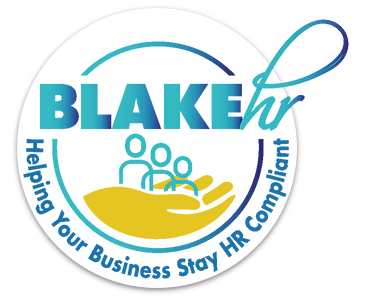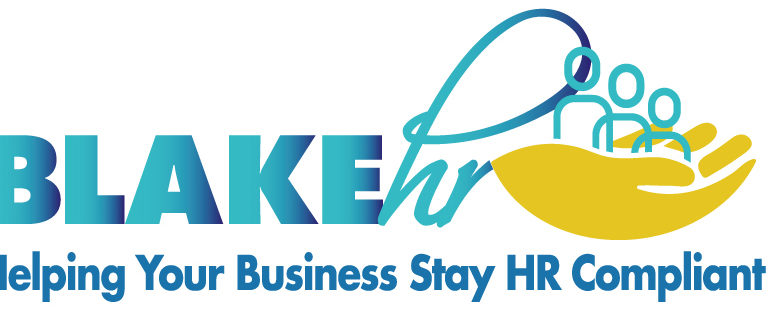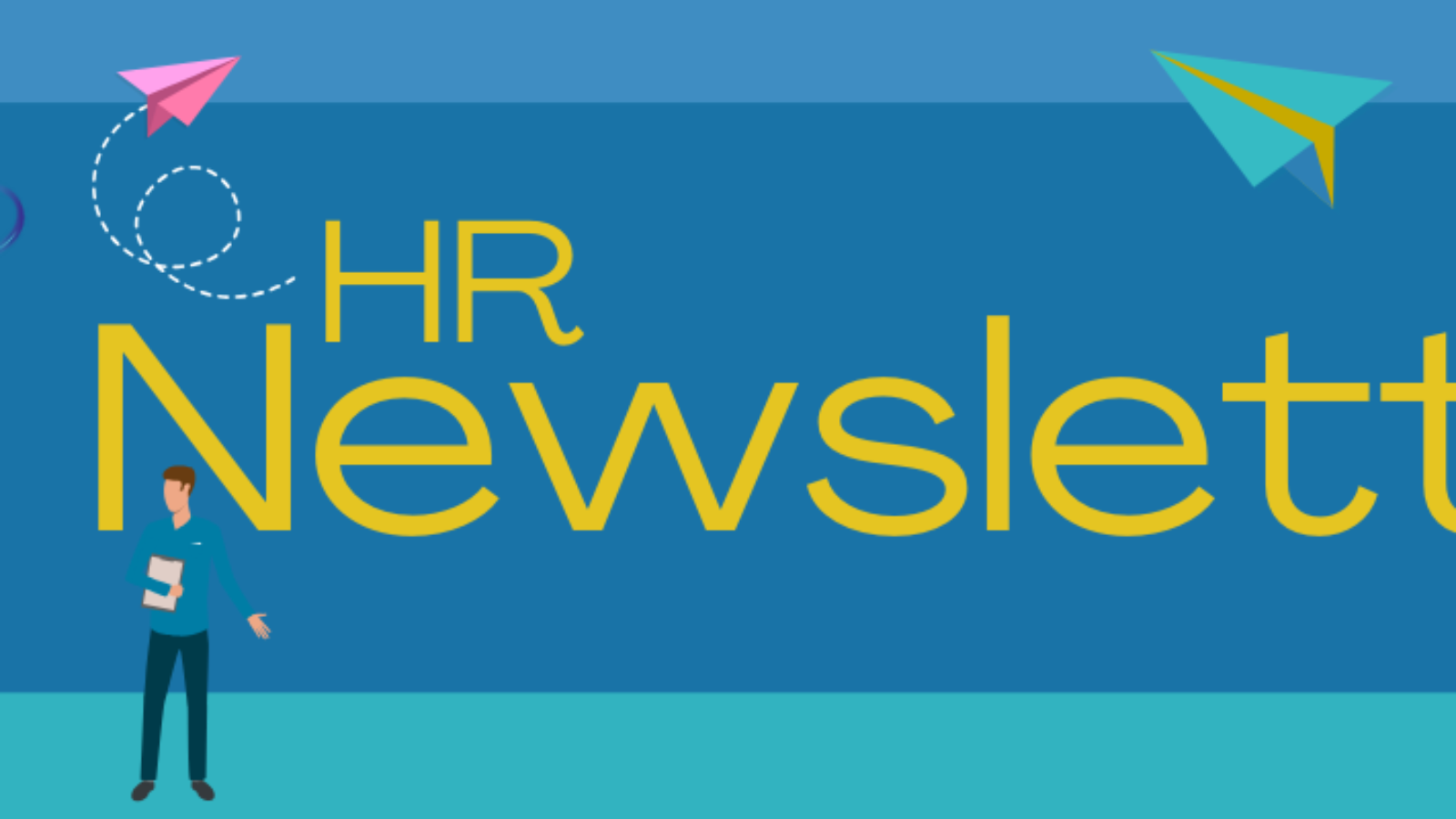Want to make GREAT business decisions?
Your workforce is the greatest asset your business has. And it’s your workforce that helps you achieve your business goals, or not.
But there’s a disconnect between how you manage your team and how you run the business.
Why? Because you don’t have any insights. You’re making really important decisions about your workforce based on gut feeling and none of it is evidenced by data.
This is how HR analytics can bridge that gap and help you make GREAT business decisions supported by evidence.

Here are just three ways HR analytics can help:
1. You can understand how employee engagement impacts staff retention, turnover and absence.
Recruitment, training and absence are HUGE costs to the business. But all of these things can be managed and avoided by understanding the reason why people leave and don’t turn up. When you bridge this gap, you could also forecast who is likely to leave in the future. Very clever.
2. You can understand if learning and development schemes actually work.
Okay, so you know you need to ‘invest’ in your team. But does that investment actually help improve your bottom line or are you just throwing £££ down the drain. Again, HR analytics will evidence what training is required and will be able to track if and how it has benefitted the business, helping you make SMARTER decisions in the future.
3. Your HR team (the people who manage your biggest asset) can become strategic partners.
Probably the most important one here. HR analytics will enable your HR department to become the most powerful strategic partner you could wish for. Your HR team can unlock the potential in your workforce and help you achieve business goals more affordably and faster.
Interested to know more?
It’s easy. Let’s chat.
LATEST NEWS
Are you guilty of sending ‘no-context’ messages?
The ‘Sunday scaries’ are a reality for loads of employees in the UK, and one of the biggest causes is a no-context message from the boss.
That’s along the lines of “we need to talk Monday”, sent on a Friday afternoon. What may seem like an innocuous message to you can be a huge cause of anxiety for your employees – 38% of those who suffer with the Sunday scaries attribute it to this.
Next time you’re tempted to send a message like that, save it ‘til Monday morning!
Your workplace could be more stressful than you think
What are some of the most stressful things in life? Moving house. The death of someone close. A relationship breakdown.
Well, according to research, employees would rank the workplace as more stressful than a relationship breakdown. And that could mean you’ve got some changes to make if you want a happy, engaged workforce.
Train your managers how to look for the warning signs of stress, take swift action, and encourage an environment where your employees are comfortable talking to you about any problems. Need a hand? Get in touch.
49% of UK workers say they’d take advantage of flexible working requests from day one of employment, according to research. This new legislation is due next year, so act now and make employees aware of their rights.
National Payroll Week:
Take paying your employees seriously
Getting paid is why we go to work. Nobody would be working if they weren’t being paid. And with the current cost-of-living crisis, payday can’t come soon enough for a lot of people.
But so many business owners aren’t taking their payroll seriously enough.
Some are paying late without notice or consultation, some are paying on inconsistent dates and some are underpaying (whether that’s getting their hours wrong or not paying minimum wage).
Maybe you’re guilty of this, maybe you’re not?
This is the quickest way to disengage your staff and make their lives really stressful.
Paying your team correctly and on time is really important – you’re demonstrating that you value them and appreciate their contribution to the business which can also go a long way towards retaining your people and creating a good business culture.
Payroll can be a pain though. I get it.
If you’re struggling, let’s have a chat and we’ll be able to help you out with it.
Why are we talking about this right now? The 4th to the 8th of September is National Payroll Week.


My employee is terminally ill, what are my obligations?
Terminal illness is covered under the Equality Act 2010, which requires employers to make reasonable adjustments for sick or disabled employees. You can’t make your employee redundant or force them out. For more advice get in touch.
How should I handle Christmas holiday requests?
The requests will soon be rolling in, so it’s important to have a plan when lots of people want the same time off. Either allocate leave on a first-come, first-served basis, or perhaps decide the business will close over a period. Always be as fair as you can be!
Do all my employees have to automatically enrol in a pension scheme?
If they’re eligible – meaning they’re over 22 years old and earning at least £10,000 a year. Staff may opt-out if they want to, but it’s your duty to automatically enrol them.

Here are three questions for you:
- Do you currently have an HR consultant?
- On a scale of 1 to 10, how happy are you with them?
- If the answer isn’t “I’m so delighted I could print 1,000 flyers to spread the word about them”, let’s jump on a call: 07422 727229.


